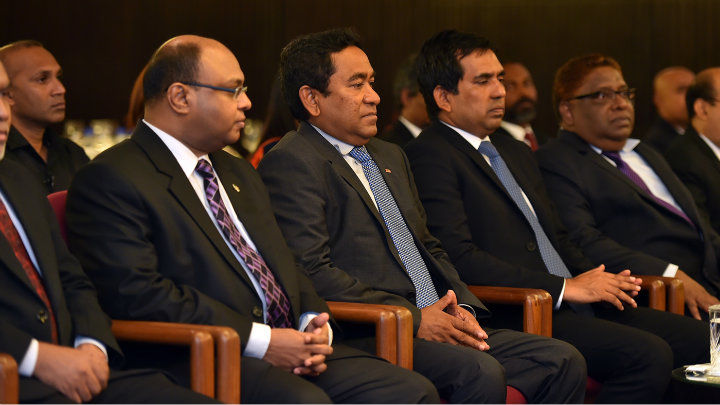Supreme court to decide legitimacy of parliament’s removal of state officials
The supreme court has declared itself the final authority to determine the validity of the parliament’s removal of the president, vice president, ministers, judges, the auditor general, prosecutor general and members of independent institutions.

23 May 2017, 09:00
The supreme court has declared itself the final authority to determine the validity of the parliament’s removal of the president, vice president, ministers, judges, auditor general, prosecutor general and members of independent institutions.
The legitimacy of no-confidence or impeachment votes will now be subject to a supreme court review. Such votes must also follow due process and stringent impeachment procedures, the court decided.
The AG office sought an interpretation of article 101 of the constitution, which states that a minister will cease to hold office if a majority of the People’s Majlis votes in favour of a no-confidence motion filed by at least ten lawmakers, “specifying the reasons.”
Become a member
Get full access to our archive and personalise your experience.
Already a member?
Discussion
No comments yet. Be the first to share your thoughts!
No comments yet. Be the first to join the conversation!
Join the Conversation
Sign in to share your thoughts under an alias and take part in the discussion. Independent journalism thrives on open, respectful debate — your voice matters.




